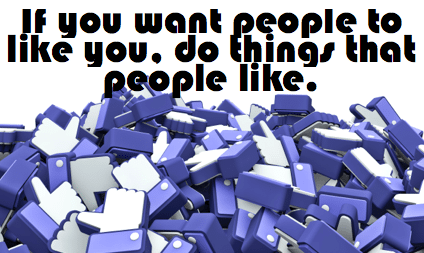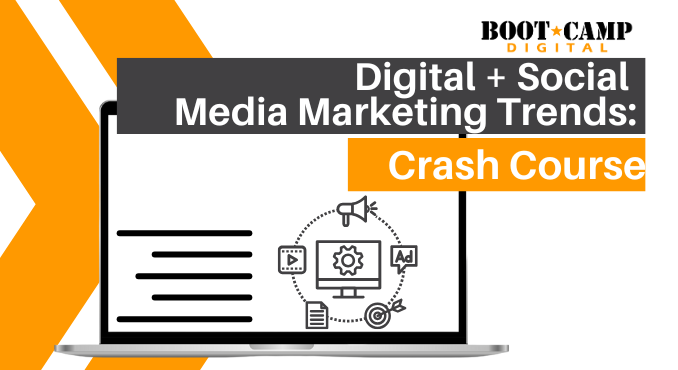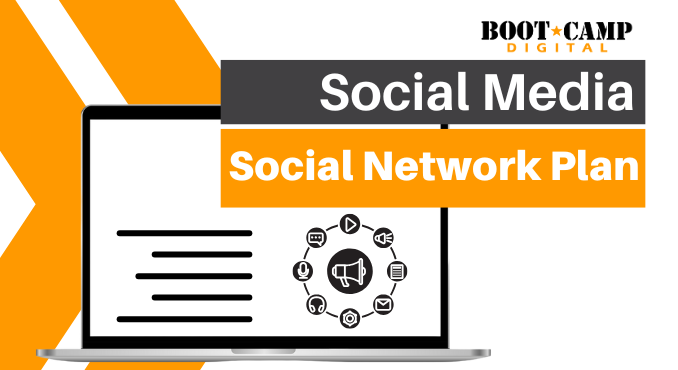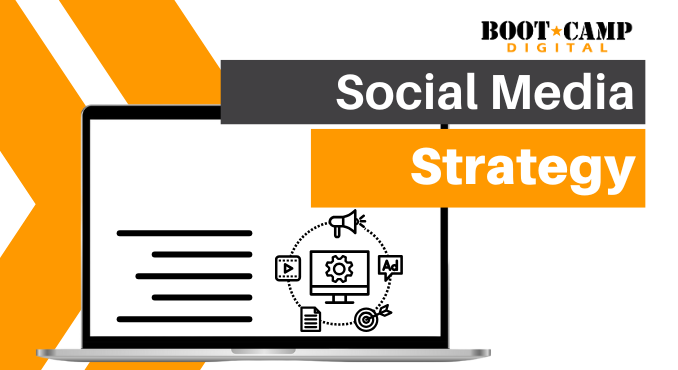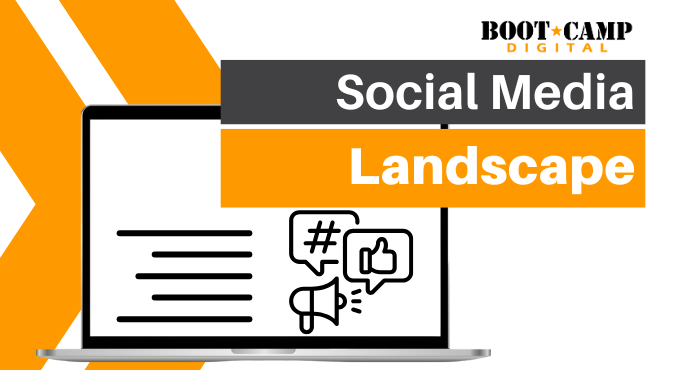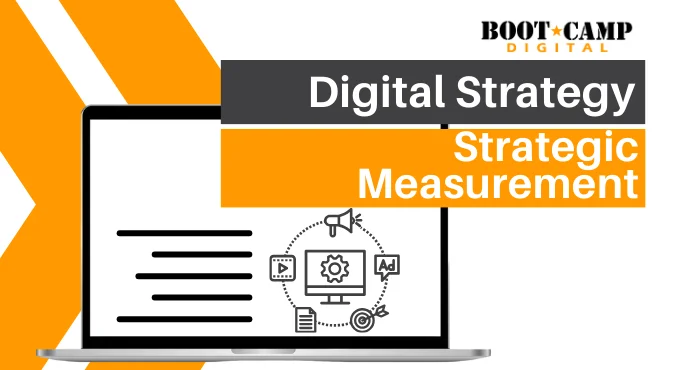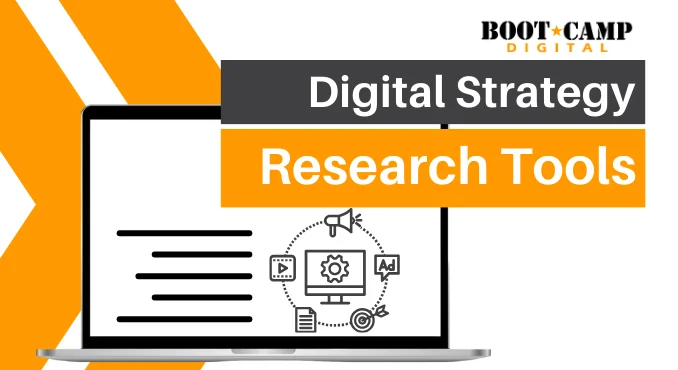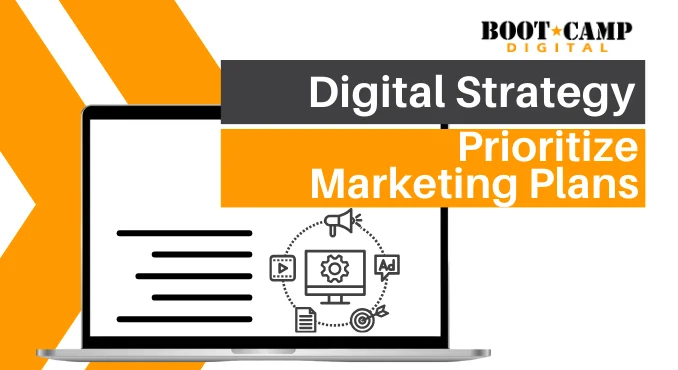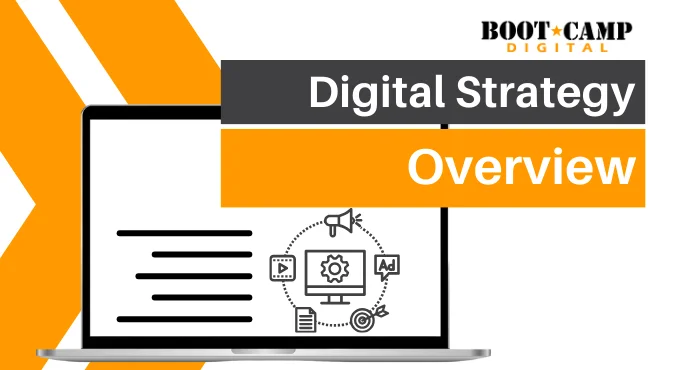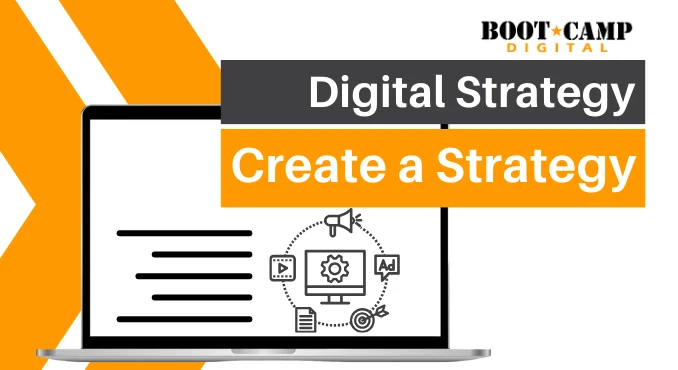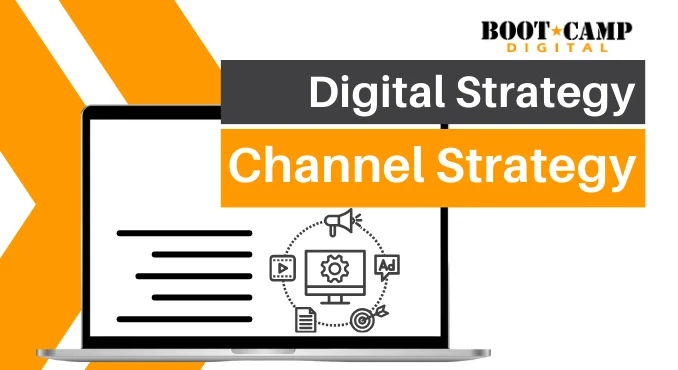 Seth Godin coined the phrases permission marketing and interruption marketing many years ago, yet many marketers still haven’t truly come to understand the differences, and how they need to adapt their thinking.
Seth Godin coined the phrases permission marketing and interruption marketing many years ago, yet many marketers still haven’t truly come to understand the differences, and how they need to adapt their thinking.
Even in general interruption advertising like billboards and television commercials, those who are gaining attention are the ones creating content that people are actually interested in.
Let’s start with definitions:
Interruption Marketing
Interruption marketing includes most traditional marketing: you pay money to advertise and interrupt people from what they are trying to do with your message. Take a TV commercial for example. Someone trying to watch a program is interrupted and forced to watch your commercial, because you paid money. It doesn’t matter if your commercial is interesting (people are forced to watch it) it only matters that it sells your stuff.
Tide laundry detergent commercials are the perfect example. They are boring, nobody is interested in them, but they sell a lot of Tide.
Permission Marketing
Most online marketing is permission marketing, where people have to give you permission to market to them. People choose to follow you on Twitter, subscribe to your email or visit your website. They make the choice to connect with you (and allow you to market to them) because you provide great content. You must be interesting or useful for people to agree to your interruption marketing, or they will just ignore you.
Permission marketing is about providing value so that people choose to view your marketing.
Here are the Key Challenges for Marketers shifting from Interruption Marketing to Permission Marketing
- Change your mindset: Stop thinking about selling, and start thinking about how you can create value for the people that you want to reach (in a way that links to your business and marketing strategy).
- Change your message: Your message can’t be so advertising-ish. Your message must be something that people actually want to read (again, while at the same time growing your business).
- Evaluate all of your channels: What is interesting is that even traditional marketing works better when it meets the difficult bar of both selling your product and being interesting to your customers.
The Big Idea
Instead of thinking about what you want to tell your audience, think about what you can provide them with that is valuable, useful, inspirational, etc. that ALSO highlights what you want them to believe.
Show them, don’t tell them.
If I want you to think I’m smart, I should write smart things.
If I want you to think I have great customer service, I should be active on multiple social channels.
Put your money where your mouth is.
